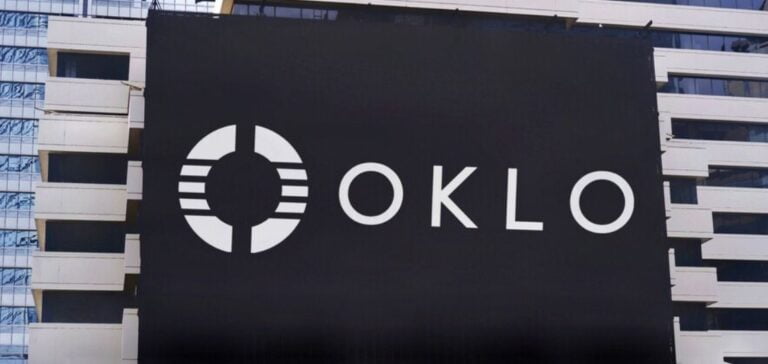On Friday, May 10, 2024 in New York, Oklo Inc, a start-up specializing in small modular nuclear reactors (SMRs), saw its share price fall dramatically on its first listing on Wall Street. The stock fell by 53.89% to $8.40 at around 19:40 GMT.
Oklo’s journey
Founded by MIT (Massachusetts Institute of Technology) alumni in 2013, Oklo entered the stock market. This was made possible by a merger with AltC Acquisition Corp. This is a SPAC (Special Purpose Acquisition Company) designed to facilitate this type of transaction. Since the announcement of this transaction last July, AltC’s share price had risen by over 72%.
Volatility and speculation
IPOs via SPAC are notorious for their volatility, often exacerbated by speculation. Sam Altman, Chairman of OpenAI and a major investor in Oklo since 2015, holds around 3% of the start-up’s capital. Altman first made a name for himself with the launch of ChatGPT by OpenAI in November 2022. This is an artificial intelligence interface capable of generating text in natural language.
Regulatory challenges and future plans
Oklo plans to develop small nuclear reactors. The aim is to deploy them more quickly and easily than traditional installations. The company also offers nuclear fuel recycling services. However, in January 2022, the U.S. Nuclear Regulatory Agency (NRC) denied Oklo a construction permit for an SMR in Idaho. The main reason is a lack of information on accident risk management.
Oklo’s difficult IPO underlines the challenges that innovative companies can face, especially in a sector as regulated as nuclear power. Despite initial difficulties, the start-up’s ambitious plans for commissioning its first reactor could yet transform the energy landscape.






















